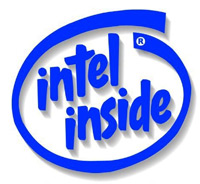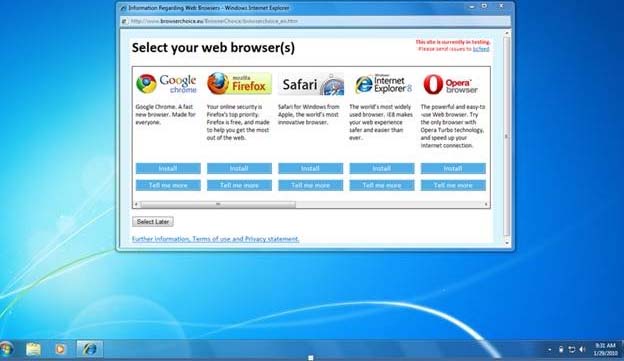An antitrust probe that began way back in August of 2008 has at last concluded, and the outcome tends to favor Google. Italian authorities have decided not fine the company or subject it to any additional regulation.
Google’s problems began when an Italian organization representing newspaper and periodical publishers claimed its members were being more or less forced to share content on Google News. Publishers who didn’t share were being excluded from traditional Google search results, according to the group.
Italian police then searched Google Italy’s offices as part of an investigation, and we learned that the maximum penalty for the alleged offense was ten percent of the unit’s revenue.
All’s well now, though. Google will just have to play nice and be a bit more open. Catherine Hornby reported this morning, "Google has now ensured newspaper publishers will not have content excluded from the search engine and pledged to disclose revenue-sharing mechanisms . . ."
 Google itself also added in an official statement, "While we comply with Italian and EU competition laws, we also understand that there is always room for improvement in our business."
Google itself also added in an official statement, "While we comply with Italian and EU competition laws, we also understand that there is always room for improvement in our business."
This may count as an especially important win for Google considering that Italy is the country in which three execs were convicted of criminal defamation over a random bullying video uploaded to YouTube.



 The testimony discusses two recent FTC probes to highlight the agency’s flexibility in investigating and bringing enforcement actions in hihg tech marketss. Last year, the FTC charged Intel with using unfair methods of competition dating back to 1999 to stifle competition. The agency recently reached a settlement with the company that will help restore lost competition and prevent Intel from suppressing competition in the future, while allowing the company to compete aggressively.
The testimony discusses two recent FTC probes to highlight the agency’s flexibility in investigating and bringing enforcement actions in hihg tech marketss. Last year, the FTC charged Intel with using unfair methods of competition dating back to 1999 to stifle competition. The agency recently reached a settlement with the company that will help restore lost competition and prevent Intel from suppressing competition in the future, while allowing the company to compete aggressively.

